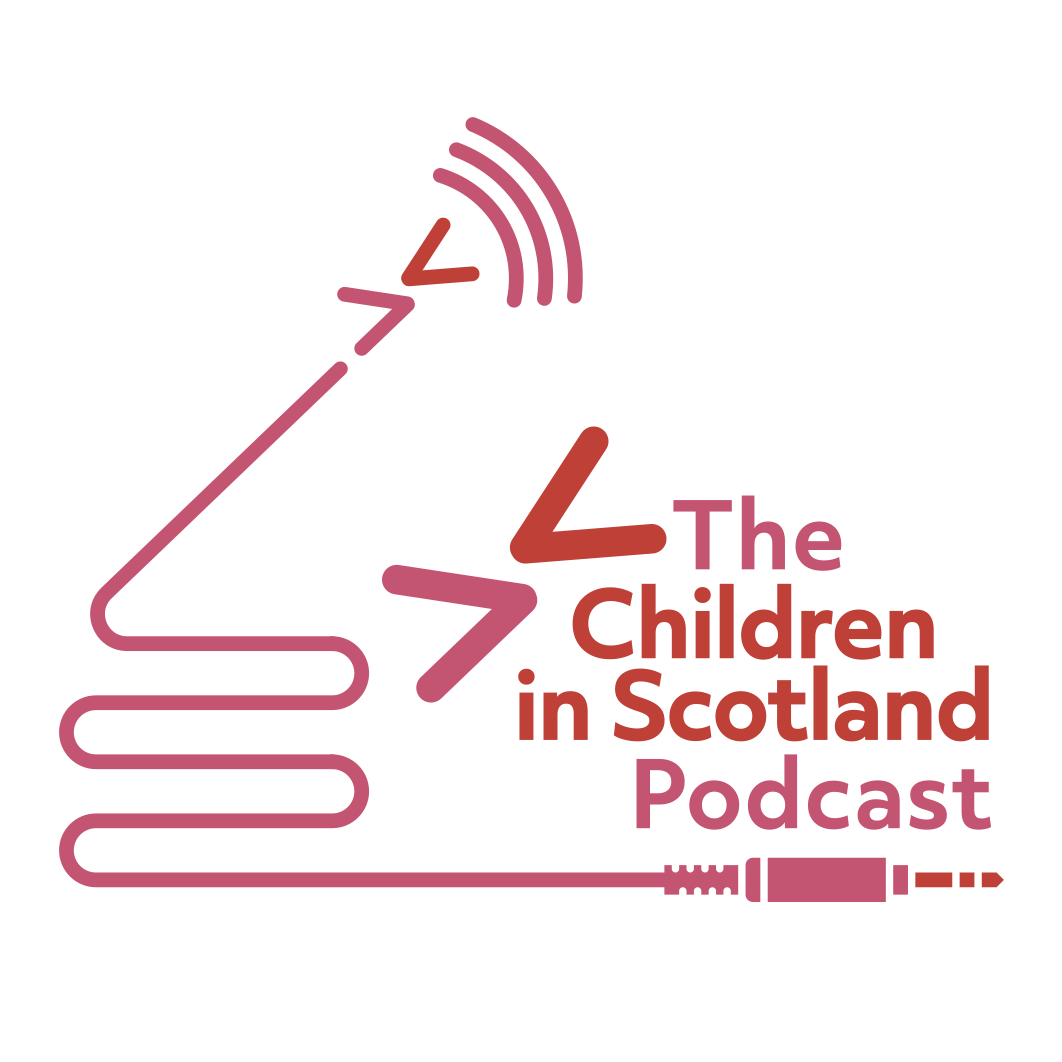The benefits of values-based approaches when reporting on relationships
4 Jul 2023
With communication and reflection a key aspect of her work, participants have left Sandra Strathie's workshops with new knowledge and practices that support not only their work with children and young people directly, but their own personal and professional lives, too.
Here, Sandra explores some of the new methodologies and tools that support professionals can use when assessing children and young people’s relationships with their parents/carers, creating well-rounded reports that amplify the voices of the people under their care.
Assessing children’s relationships
Designed to improve skills when writing reports and recommending interventions to support children and young people, my approaches can benefit anyone who wants to learn about new ways to assess relationships. It suits both experienced professionals as well as those who are new to assessment and report writing.
Understanding how to assess relationships can benefit anyone working with parents/carers or children, and can also help us in our personal lives, too. When we understand what happens in attuned relationships and interactions, we also understand what discordance or relationship problems can look and feel like for those involved.
Anyone who has a responsibility in supporting families, children or young people can benefit from deepening their understanding of assessment and the role it plays in accessing the right support.
Developing strengths-based approaches to assessment
A strengths-based approach to reporting focuses on the individual’s strengths; it is not a deficit model of assessment. It keeps in mind the strengths found in the relationship and actively looks for them with families, such as in memories of happier times, times when things are better than normal, and in wishes for better times ahead. We look for moments of hope that things will get better.
However, a strengths-based assessment is not about spinning challenges and difficulties into positives. Strengths-based practice helps the assessor to remember that even in the most difficult circumstances, we can find strengths. Acknowledging these strengths helps us to provide more balanced relationship assessments and supports the mental wellbeing of those being assessed, too.
Co-construction report writing
There has been criticism in the past that the voices of parents/carers and children have not been heard in professional reports. A co-construction method alleviates this issue by bringing the person being assessed into the process. It also helps us to bring meaning to what we are observing, and in the process, it can help parents/carers to identify their strengths and things that they want to change.
In my training, we specifically look at the exchange model of assessment, which helps us to support people to articulate their needs and opinions, and how we can use this to co-construct a report with children and families. We also look at how to give people a voice, even when they do not agree with our assessment.
A strong ethical element of partnership is working to include people in constructing reports on their lives and relationships.
Deeper understanding
Many of us have a good sense or intuition when relationships between parents/carers and children are not going well or are mistuned – however that is not evidence for a formal assessment or report.
In my knowledge and experience, a good assessment report is based on evidence. Participants in my Confidence in Practice training, for example, are introduced to key theories and research that help us to understand what goes on within interactions and relationships. Being able to conduct high quality assessment leads to the correct supports being put in place to benefit children and families, enabling them to have better relationships and happier times with each other.
Sandra’s next Children in Scotland training session, Confidence in Practice: assessing children’s relationships, is on Tuesday 18 July 2023, 10am-1:30pm

About the author
Sandra Strathie is a published author on attunement in practice for family work and educational development.
Click here for more
The Children in Scotland Podcast
Explore previous episodes that discuss issues across the sector and beyond
Click here to access
Reach
The website for young people offers advice and support on accessing their rights
Visit the websiteEnquire
Find out more about Enquire, the national advice and information service for additional support for learning
Visit the website
Changing our World
Find out more about our children and young people's advisory group and its work and aims
Click here for more